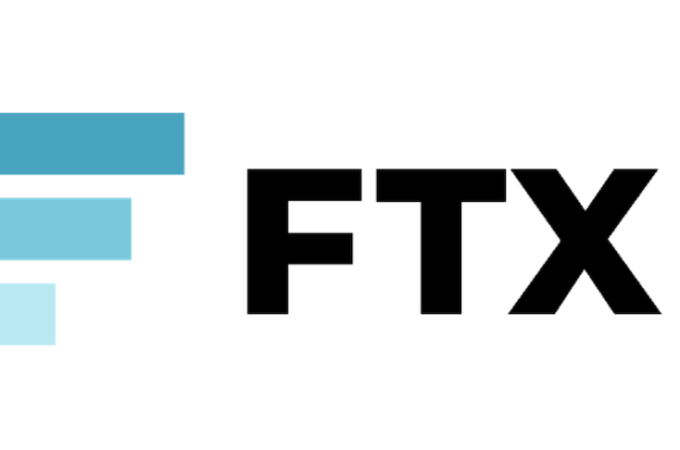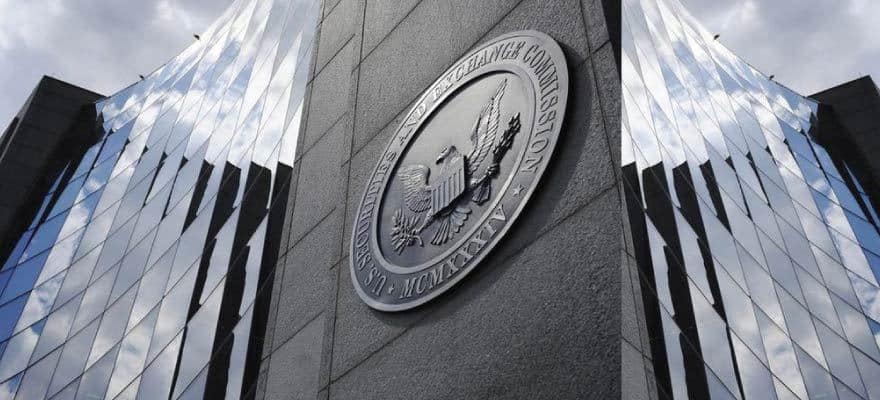
South Korean Pension Fund Makes $34M Investment in MicroStrategy, Expanding Crypto Exposure
South Korea’s National Pension Service (NPS), the world’s third-largest public pension fund, has made a significant move into the cryptocurrency space by purchasing $33.75 million worth of shares in MicroStrategy, a business intelligence firm known for its substantial Bitcoin holdings. This investment, revealed in an August 13 filing with the U.S. Securities and Exchange Commission, marks a notable expansion of the pension fund’s exposure to crypto-related assets.
The NPS acquired 24,500 MicroStrategy shares in the second quarter of 2024, prior to the company’s 10-for-1 stock split in early August. Post-split, the fund now holds 245,000 shares, valued at approximately $32.32 million based on recent closing prices. This purchase aligns with a growing trend of institutional investors seeking indirect exposure to cryptocurrencies through publicly traded companies.
MicroStrategy, led by Michael Saylor, has gained prominence in the crypto world for its aggressive Bitcoin acquisition strategy. As of its latest earnings report, the company holds 226,500 BTC, valued at around $13.19 billion, making it the public company with the largest Bitcoin holdings globally.
The South Korean pension fund’s crypto-related investments extend beyond MicroStrategy. The NPS filing also revealed ongoing stakes in other tech and crypto-adjacent companies, including a $51 million investment in Coinbase, $31.5 million in Roblox, and $61.5 million in Jack Dorsey’s Block.
This move by the NPS, which manages over $777 billion in total assets, reflects a growing institutional interest in the cryptocurrency sector. MicroStrategy’s stock has seen significant gains in 2024, surging by 92.5% and reaching its highest levels in over two decades.
The pension fund’s investment strategy aligns with a broader trend of institutional investors exploring crypto exposure through traditional financial instruments. This approach allows large funds to gain indirect cryptocurrency exposure while potentially mitigating some of the regulatory and custody challenges associated with direct cryptocurrency investments.





